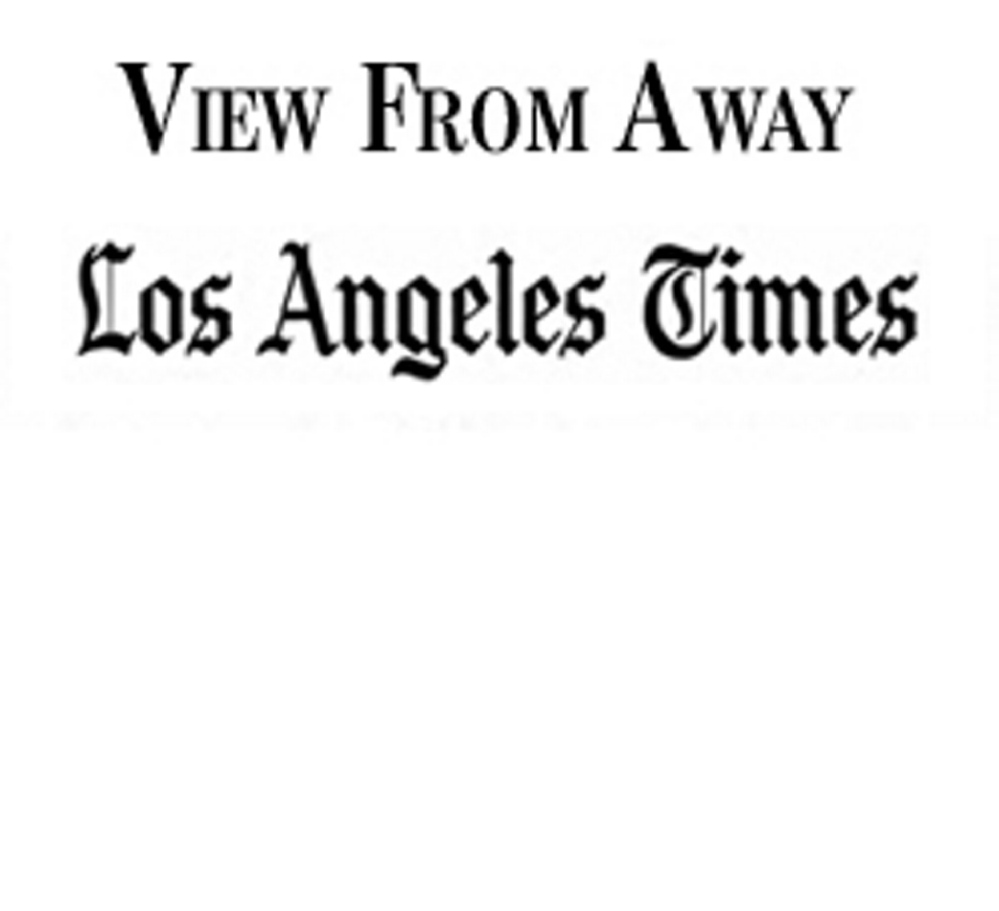A federal judge’s ruling that “Happy Birthday to You” is not under copyright, or at least not under one held by publisher Warner/Chappell Music, means that one of the most popular songs in the English language may belong to the public after all.
The ruling won’t affect the people who sing it at private birthday parties; Warner/Chappell hadn’t tried to collect royalties from them. But it will be a boon to filmmakers, TV studios and others who have paid an estimated $2 million annually in licensing fees to use the song commercially, even if they’re just depicting people at a birthday party singing it.
Independent filmmakers initiated the lawsuit that led to the decision, arguing that the publishing company didn’t hold a valid copyright to the song’s simple lyrics (the copyright over the melody, which was written in 1893, expired in 1949). Judge George H. King agreed, holding that the copyright that Warner/Chappell purchased in 1988 covered a piano arrangement of the song, not the lyrics.
King’s ruling left unsettled whether someone else out there holds a copyright to the lyrics. If it belongs to the song’s composers, sisters Patty and Mildred Hill, the lyrics would pass into the public domain 70 years after the last sister’s death in 1945. That would free up the lyrics at the beginning of next year.
Nevertheless, the case illustrates some of the problems Congress has caused by granting ever-longer copyright terms while setting an ever-lower bar for works to qualify for and keep that protection. It’s unusual for a work that old to be involved in this sort of dispute; a much more common fate for aging works still under copyright protection is that they’re not available in any form — often because the correct copyright holder can’t be identified and potential users don’t want to run the risk of being sued.
That’s not to say that works should rapidly morph into public property, or that the copyrights covering enormously popular songs should be canceled just because they’ve become part of the culture. Bruce Springsteen’s “Born in the U.S.A.” shouldn’t suddenly belong to everyone in the U.S.A. Copyrights play a vital role in giving people an incentive to create original works, without which there would be no culture.
But certainly in this instance, there is something delicious about a song with the most prosaic of lyrics — and one that is part of an American ritual of celebration spanning all ages, genders, social classes and ethnic groups — finally belonging to everyone, at least for now. That’s worth singing about.
Editorial by the Los Angeles Times
Copy the Story LinkSend questions/comments to the editors.



Success. Please wait for the page to reload. If the page does not reload within 5 seconds, please refresh the page.
Enter your email and password to access comments.
Hi, to comment on stories you must . This profile is in addition to your subscription and website login.
Already have a commenting profile? .
Invalid username/password.
Please check your email to confirm and complete your registration.
Only subscribers are eligible to post comments. Please subscribe or login first for digital access. Here’s why.
Use the form below to reset your password. When you've submitted your account email, we will send an email with a reset code.